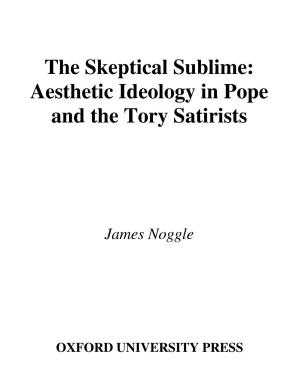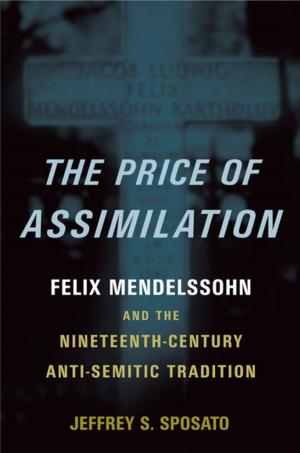Hindu Christian Faqir
Modern Monks, Global Christianity, and Indian Sainthood
Nonfiction, Religion & Spirituality, Eastern Religions, Hinduism, Christianity, Church, Church History, Social & Cultural Studies, Social Science, Anthropology| Author: | Timothy S. Dobe | ISBN: | 9780190463571 |
| Publisher: | Oxford University Press | Publication: | October 2, 2015 |
| Imprint: | Oxford University Press | Language: | English |
| Author: | Timothy S. Dobe |
| ISBN: | 9780190463571 |
| Publisher: | Oxford University Press |
| Publication: | October 2, 2015 |
| Imprint: | Oxford University Press |
| Language: | English |
In the mid-nineteenth century, the American missionary James Butler predicted that Christian conversion and British law together would eradicate Indian ascetics. His disgust for Hindu holy men (sadhus), whom he called "saints," "yogis," and "filthy fakirs," was largely shared by orientalist scholars and British officials, who likewise imagined these religious elites to be a leading symptom of India's degeneration. Yet within some thirty years of Butler's writing, modern Indian ascetics such as the neo-Vedantin Hindu Swami Rama Tirtha (1873-1906) and, paradoxically, the Protestant Christian convert Sadhu Sundar Singh (1889-1929) achieved international fame as embodiments of the spiritual superiority of the East over the West. Timothy S. Dobe's fine-grained account of the lives of Sundar Singh and Rama Tirtha offers a window on the surprising reversals and potentials of Indian ascetic "sainthood" in the colonial contact zone. His study develops a new model of Indian holy men that is historicized, religiously pluralistic, and located within the tensions and intersections of ascetic practice and modernity. The first in-depth account of two internationally-recognized modern holy men in the colonially-crucial region of Punjab, Hindu Christian Faqir offers new examples and contexts for thinking through these wider issues. Drawing on unexplored Urdu writings by and about both figures, Dobe argues not only that Hinduism and Protestant Christianity are here intimately linked, but that these links are forged from the stuff of regional Islamic traditions of Sufi holy men (faqir). He also re-conceives Indian sainthood through an in-depth examination of ascetic practice as embodied religion, public performance, and relationship, rather than as a theological, otherworldly, and isolated ideal.
In the mid-nineteenth century, the American missionary James Butler predicted that Christian conversion and British law together would eradicate Indian ascetics. His disgust for Hindu holy men (sadhus), whom he called "saints," "yogis," and "filthy fakirs," was largely shared by orientalist scholars and British officials, who likewise imagined these religious elites to be a leading symptom of India's degeneration. Yet within some thirty years of Butler's writing, modern Indian ascetics such as the neo-Vedantin Hindu Swami Rama Tirtha (1873-1906) and, paradoxically, the Protestant Christian convert Sadhu Sundar Singh (1889-1929) achieved international fame as embodiments of the spiritual superiority of the East over the West. Timothy S. Dobe's fine-grained account of the lives of Sundar Singh and Rama Tirtha offers a window on the surprising reversals and potentials of Indian ascetic "sainthood" in the colonial contact zone. His study develops a new model of Indian holy men that is historicized, religiously pluralistic, and located within the tensions and intersections of ascetic practice and modernity. The first in-depth account of two internationally-recognized modern holy men in the colonially-crucial region of Punjab, Hindu Christian Faqir offers new examples and contexts for thinking through these wider issues. Drawing on unexplored Urdu writings by and about both figures, Dobe argues not only that Hinduism and Protestant Christianity are here intimately linked, but that these links are forged from the stuff of regional Islamic traditions of Sufi holy men (faqir). He also re-conceives Indian sainthood through an in-depth examination of ascetic practice as embodied religion, public performance, and relationship, rather than as a theological, otherworldly, and isolated ideal.















